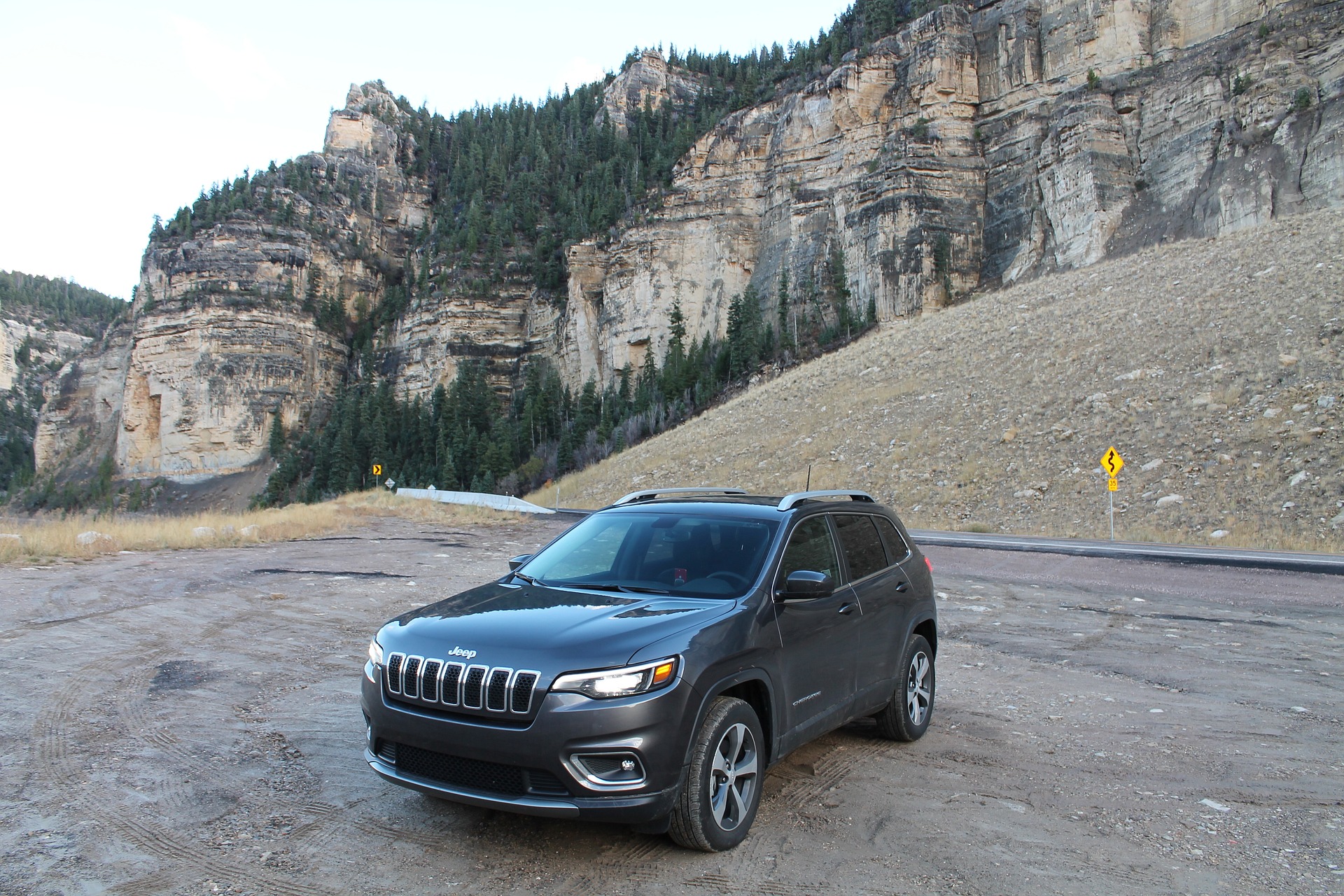
What is a lemon?
A "lemon" is a vehicle that turns out to have several manufacturing defects affecting its safety, value or utility. Any vehicle which such serve issues may be termed a lemon, and by extension, so may any product with flaws too great or severe to serve its purpose.
What to do if your vehicle is a Lemon
Gather Records: If you believe your vehicle classifies as a lemon, it is critical that you keep detailed records of all the events surrounding your vehicles defect. Should you need to go to court over your case, this is the only way to prove that you have tried to get your vehicle fixed. Documentation should include records of repair attempts, dates of when issues with the car arose and any correspondence with the manufacturer or dealer.
Contact the manufactuer: The first step in getting your refund is contacting the manufacturer in writing. Make sure to include all the information you have compiled as well as a timeline of events including when you bought you vehicle, when the problem(s) arose, when you informed the dealer of the problem(s), when you took it to them for repairs and the results.
Go to Arbitration: If you are not offered a settlement you find satisfactory, you will have to take legal action. Most states require that lemon law cases go to arbitration before they reach the court system. You can file and go through arbitration on your own, but you may still want to hire an attorney. Manufacturers employ teams of attorneys that deal with lemon law cases regularly, so it can help to have a professional on your side. Additionally, if you win your case, the manufacturer is liable for your attorney fees.
In arbitration, you and the manufacturer present evidence about the condition of the vehicle to an impartial person (the arbitrator). If the arbitrator agrees that your vehicle is a lemon, you will be awarded a replacement vehicle or full refund (minus the use allowance and the amount of any previous settlement from the manufacturer). However, if the arbitrator rules against you, there will be no award. Arbitration rulings are final, but most states allow either party to appeal the decision. An appeal would push the case to court, where it will now be decided by a judge using the same arguments made in arbitration.
Used Vehicles
While used cars may come with problems remedied by new vehicles, used vehicles may also have been abused, improperly maintanied or poorly repaired, been unprofessionally rebuilt after a collision or tampered with in some manner to conceal high mileage, mechanical defects, corrosion or other damage.
Cut and Shut or Clipping, a form of body collision repaor based on buying a wrecked vehicle and sawing off the wrecked portion to replace it with a matching section for another or similar vehicle. If improperly repaired, these vehicles may be dangerous; at high speeds or in an accident, the car may come apart due to the weaknesses of the welds or other means connecting the two segments of the vehicle or mismatched parts.
New Vehicles
New vehicles may contain flaws or defects in workmanship, caused by design flaws or by an error during the automotive manufcaturing process. These errors can range from parts being installed incorrectly to a tool that was used to build the car not being removed or a batch of materials with structual or chemical flaws.
Consumer protection legislation typically labels vehicles as "lemons" if the same problem recurs despite multuple repair attempts (such as three times in a row over a short period, where previous attempts have not corrected the problem) or where defects have caused a new vehicle to be out of service for a prolonged period (typically 30 days or longer) for repais.
Lemon laws primarily serve to force manufacturers to buy back defective vehicles or exhcange them. Depending on the jursidiction, a process similar to vehicle title branding may also be used to warn subsequent purchasers of the history of a problem vehicle. While this portion of a vehicles history is usually not retained with the title when exporting it to another jurisdiction, at least one jurisdiction, California, has started compelling manufacturers to brand the titles of any previously reacquired vehicles that they import or export from the jursidiction.
U.S. Federal Law
The Magnuson-Moss Warranty Act is a United States federal law enacted in 1975 to protect consumers from deceptive warranty practices. The Act was sponsored by Senator Warren G. Magnuson of Washington with co-sponsors Senator Frank Moss of Utah, and U.S. Representative John E. Moss of California. The purpose of the Act was to make product warranties more easily understood and enforceable, and to provide the Federal Trade Commission with a means of better protecting consumers. The Act does not force a manufacturer to include a warranty with its products but if there is one it must be in writing and comply with the rules of the Magnuson-Moss Warranty Act.
